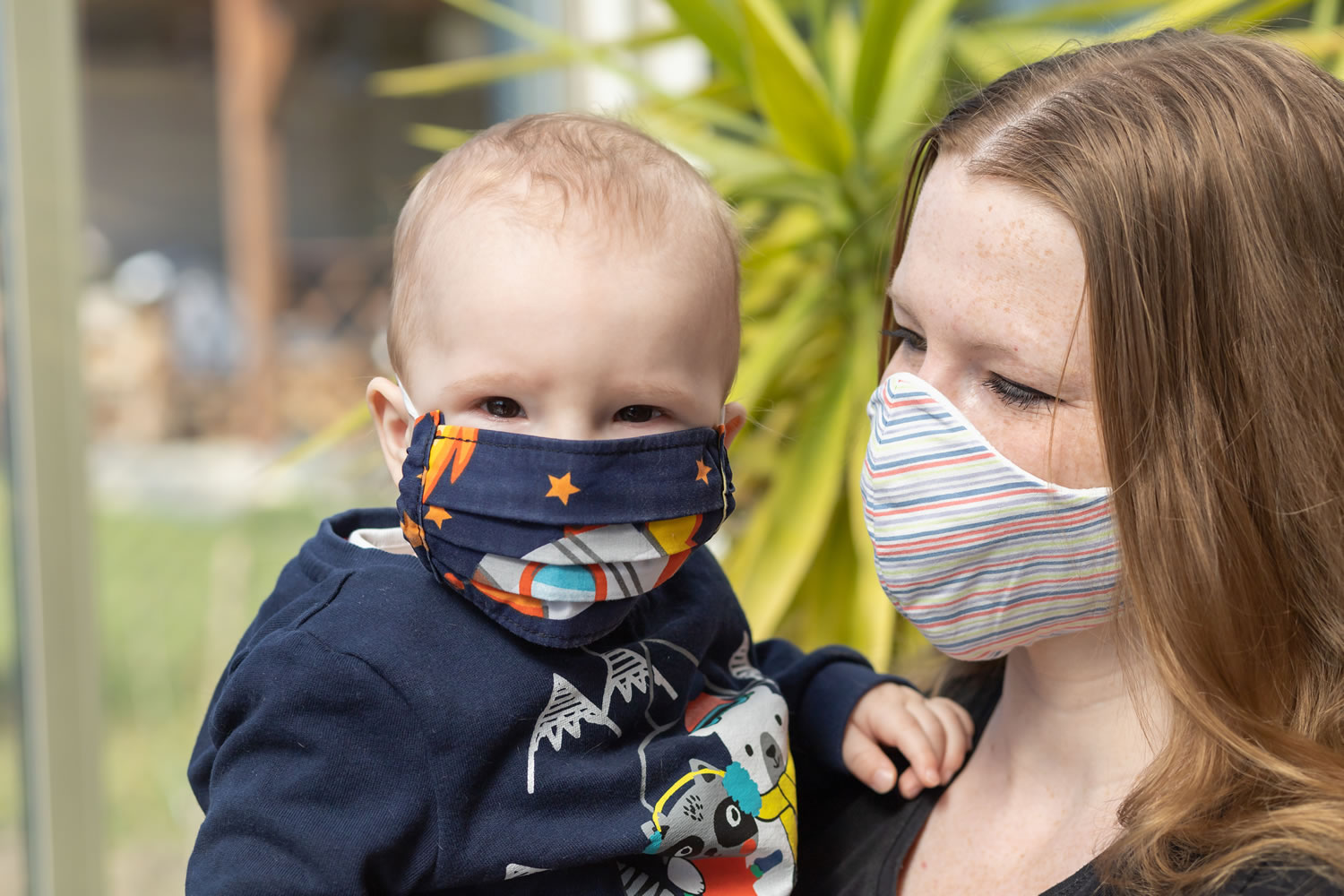Making masks more tolerable for children
Published on Tuesday, 07 September 2021
Last updated on Wednesday, 29 September 2021

As adults, we’re aware of the risks related to the Covid-19 virus, and what we need to do to reduce those risks for ourselves and for others, including wearing appropriate face masks when out in public.
But trying to encourage young children to wear a face mask can be an effort in futility that may result in power struggles, flat-out refusal and even temper tantrums.
So how can you as an educator help to convince the children in your care that masks are a normal and necessary part of life right now, and that we all need to wear them to stay safe?
Here are some tips that might make the task a bit easier for everyone. (Please note, masks are not recommended for children under two years of age, as they may pose a suffocation or strangulation hazard and children are not required to wear them in early education services. This information pertains to general mask use.)
1 - Use simple, non-threatening language to explain what the virus is, how it is spread and what masks do to protect people from getting sick. Other people wear them to protect us from their germs, and we wear them to protect others from our germs.
2 - Make it normal and routine, like putting on a hat and shoes before going outside. There can often be a few grumbles about putting on protective gear like hats, jackets, sunscreen, etc. but we still insist on these things to keep children safe and comfortable - masks can be treated in much the same way.
3 - Keep it consistent to form good habits. This is an essential step when teaching children any new skill or helping them to form new habits. If every time they leave the classroom to go outside and play they have to put on their mask, it will become a habit they don’t even think about.
4 - Model usage. Be the example that the children can see every day by wearing your own mask consistently. Children will be more likely to do as you do than to do as you say.
5 - Make it fun: This is perhaps the most important step in helping children to become more comfortable wearing protective face masks. If wearing a mask becomes something they enjoy, they are more likely to adopt the usage happily and consistently than if it’s forced on them. Here are some ideas for making mask use more fun:
Turn it into a game: Show children the correct way to put on a mask, ensuring it’s covering their nose and mouth, and is comfortably looped around their ears. You can also practice putting a mask on a stuffed animal to show them how to do it properly. Award prizes like stickers or time with a favourite toy for the children who do the best job of protecting their fluffy friends, or who keep their own masks on for 5 or 10 minutes.
Add masks to the older children’s dress up box: Add a mask to doctor’s or nurse’s dress-up costume, or even a superhero outfit, explaining how masks help to protect people and save lives by stopping more people from getting sick.
Draw pictures of face masks on characters in colouring books, so that the kids see masks on their favourite characters and want to emulate them.
Cut out pictures of face masks and draw or print out a large picture of a superhero, then play pin the mask on the protector.
Decorate disposable masks with markers. These should not then be worn, as drawing on masks can reduce their effectiveness. The idea is just to make masks more approachable and less scary.
For children under two, who should not be wearing masks at all, it can be a good idea to get them used to seeing other people wearing masks so that they’re not frightened by them. Consider using disposable surgical masks, those most commonly used by adults in the community, to play peekaboo with infants and young toddlers, and occasionally wear them while singing songs or reading stories.
It’s not a good idea to wear them all the time, as little children need to see your face in order to learn how to read expressions and understand emotions but seeing the face coverings now and again will help them become more tolerant of masks.
Related Articles

COVID-19 Information for ECEC
COVID-19 Information for ECEC.

COVID-19 – Support for providers
COVID-19 – Support for child care providers.

Compulsory COVID-19 vaccinations for ECEC?
With COVID-19 vaccine underway across Australia, learn the implications of the vaccination program for early educators and whether they will be required to be vaccinated.
